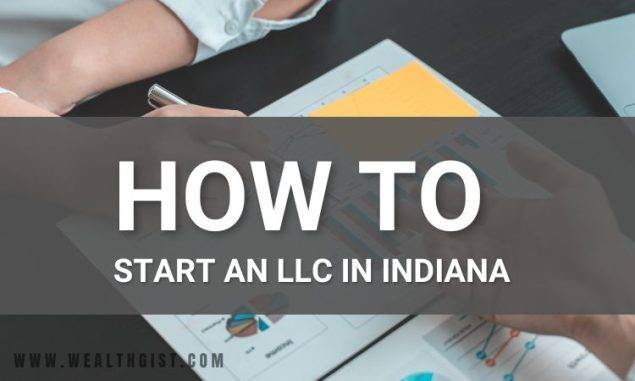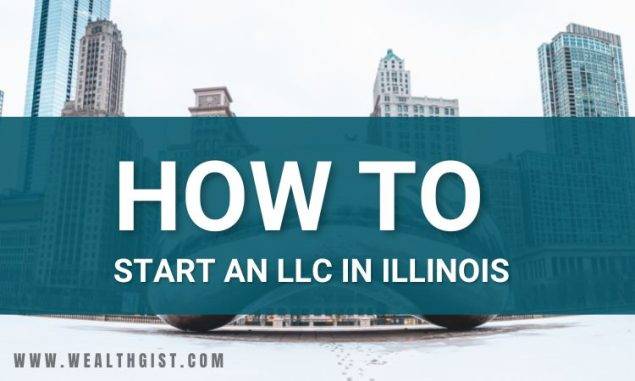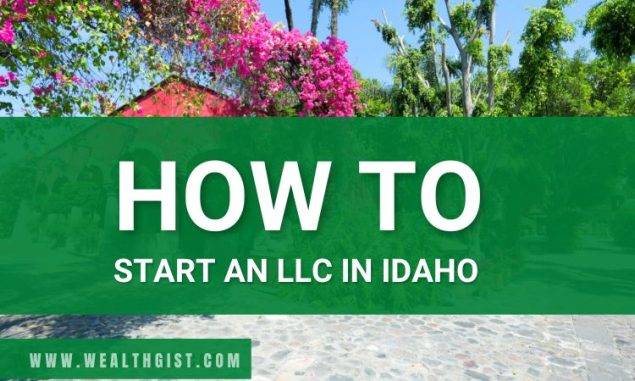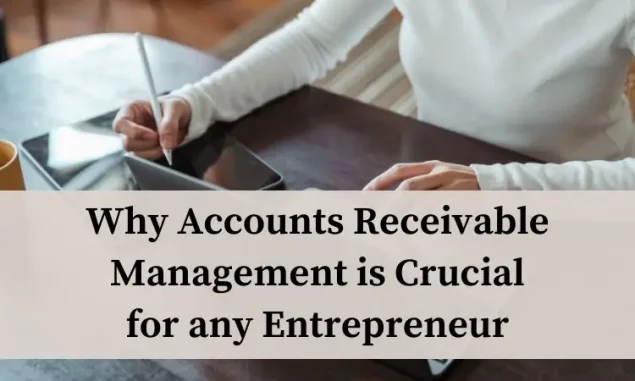This will also be helpful to those who want to start their own business in Solar Farming or those who already have a Solar Farm and are looking for ways they can make it more successful.
What is a Solar Farm?
A Solar Farm is an area filled with multiple solar panels that generate power for you and/or any nearby buildings. It can also be called a Solar Park.
A solar farm is a way to earn money by producing power for others. Solar farms are becoming very popular due to the rising environmental concerns of the world and their accessibility to almost everywhere in the world.
The solar manufacturing industry is a developing sector of the energy market, with a global share of USD 88 billion expected by 2024.
As solar producers expand their operations and work in collaboration with other sectors of renewable energies, there are new research opportunities for investors and professionals alike.
Types of solar farm
There are 3 different types of solar farms. They are;
1. Residential Solar Farms
Residential farms are meant for people who want to produce power for their own houses. Usually, these farms are on the roof, or the side of the house
2. Industrial Solar Farms
Industrial Farms is for those who want to produce electricity for multiple houses and businesses in the area
3. Commercial Solar Farms
Commercial Farms are for those who want to produce power for nearby buildings.
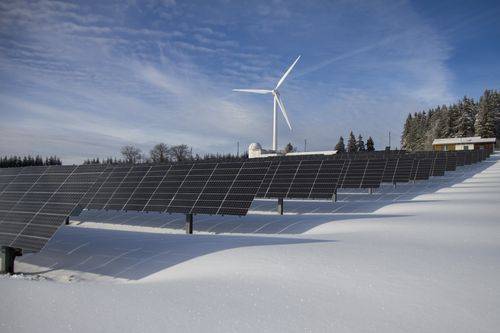
Solar Farming Setup Steps
Step 1: Research your Farm and get started
Step 2: Do Adequate Cost Analysis and Financial Plans
Step 3: Test your Operation
Step 4: Try to Become a Successful Solar Farm Operator
Step 5: Market your solar farm
Step 6: Learn from the experts in the field
Those are the steps necessary to get a Solar Farm up and running successfully.
Examine each step in detail to achieve the required success.
Step 1: Research your Farm and get started
There are a lot of different types of options when it comes to a new Solar Farm. So first you need to research what type of farm would be best for you.
The kind of power that you have is going to affect the type of solar farm you choose. Be it Residential farms, Industrial farms, or Commercial farms
These farms need to be installed in a location that has good sun exposure but is not too windy or rainy.
It needs to be installed in a place that isn’t near a power plant, or high-voltage lines. It is also recommended to contact local shops and make sure that your area will support a solar farm.
Step 2: Cost Analysis and Business Plan
Firstly, you will need to start thinking of the budget. Depending on how big your farm is going to be, you need to take into account how much money will be going into the project. You will also need to think of how much income you will get when your farm is finished.
Once you have calculated the basic budget, it’s time to get into the real numbers.
Once you have the budget you will want to research the cost of the panels. This number is not too important to start with, because this will be a project that you continue to run.
You’ll need to make sure that the panels are cost-effective and in the right place. But to save you stress, you can hire an expert to write a bankable business plan for you.
Step 3: Testing your Operation
Once you have everything figured out, it’s time to test your operation. You have to decide if this is really what you want to do.
Building a solar farm isn’t just easy like the way you think. However, once you get the hang of it, it’s going to be a very beneficial business to start.
It is recommended that you talk to local shops and see what kind of prices they will sell the panels to you.
This will help you save money in the long run. The next step is deciding on your location. This needs to be done carefully because you don’t want your farm to be covered by trees or sand.
Step 4: Becoming a Successful Solar Farm Operator
Once you have all the necessities, you are ready to start building your farm. The first thing that you need to do is get rid of anything that may block the sunlight from hitting the panels. You will also need to make sure there is water on the farm and that it doesn’t dry out.
At this point, you need to get the panels ready. This can be done by delivering them to your location, or by doing it yourself on the roof of your home. If you are running an industrial farm, panels will be stored in a small warehouse.
Once the panels are delivered you will have to start testing and adjusting for sunlight exposure and make sure that the panels are aligned correctly.
You will also need to re-calculate how much electricity you will be producing with your farm. The service of a technician might be required at this stage as well.
Step 5: How to market your solar farm
To make the farm a profitable business, you are going to need customers. Foremost, you need to find the right customers for your farm.
You can ask family and friends if they would be interested in having solar panels installed on their home or business.
Another option is to get involved in community events and local town meetings, where other people may find out about your services and be interested in them. You can also advertise your services in the newspaper, or use social media as a marketing strategy.
Final Thought on Solar Farming
Several companies help you with building your solar farm, they usually have kits that are easy to use and come with excellent instructions.
This can help you save money on building your farm and will save a lot of time as well. It’s a business that can earn you millions in the near future.
